There are many reasons why buying a house is a big step in a person’s life – gambling and opportunities. On the other hand, it is important to pursue this process using a budget that has been structured well so that financial stability and peace of mind are maintained. It is also important to master the art of budgeting before the purchase of a house, to avoid some prevalent traps and financial pressures. This is an important phase in the life of a person and here are some productive approaches that will help you to go through this process.
Assess Your Financial Situation: Before starting the process of house-hunting, it is essential to carry out a thorough evaluation of your financial position. To start with, determine your household income and debt obligations plus your typical monthly expenditures. It sets the bedrock of your budget and enables you to know the most that you can spend to pay monthly instalments including down payment and closing costs.
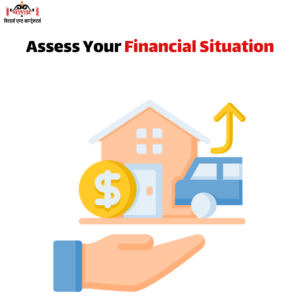
Determine Affordability: Many financial advisors suggest that your housing payments should not be greater than 28% of your gross pay per month. The figure that you qualify for in terms of a mortgage can be seen through the use of online mortgage calculators and the consultation with the lenders, and that in turn means the total budget for your purchase. 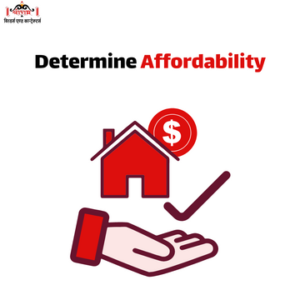
Account for Additional Costs: Other than the mortgage there are other costs connected to home acquisition. It is vital to include these costs in your budget, failing to do so leaves you strained financially after the purchase. 
Consider Future Goals and Contingencies : When planning your home purchase budget, it’s important to take into account the size of savings, and saving period, and also think about emergency reserves for any unforeseen events. Considerations to your budget should be savings in building an emergency fund, saving for retirement, and even planning for future expenses, which include education, healthcare, and home improvement projects.
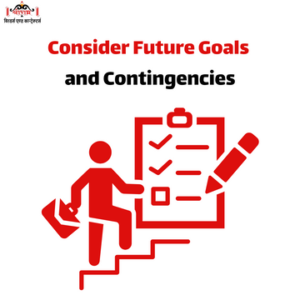
Research and Compare Loan Options : Your decision about the type of mortgage loan you should take highly influences your budget. Explore different types of loans, such as fixed-rate mortgages, adjustable-rate mortgages and government-insured loans, and learn about the terms, interest rate and budgetary impact. There are numerous lenders in the market, and it is always advisable to compare different offers to ensure that you can access the best terms that suit your budgeting needs.

Prioritize Your Needs and Preferences : When outlining a budget, the process of defining your housing needs and preferences can be instrumental. Think about the land size, location, features, and potential growth. By making priorities among your needs and what are your desires, you can plan your budget according to the needs that you deserve.
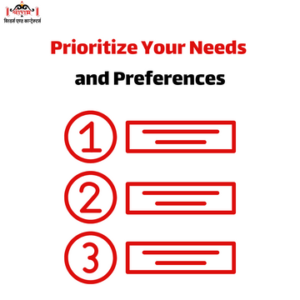
Seek Professional Guidance : During the budget formation process, the financial advisors, real estate agents, and mortgage brokers who are engaged can offer some useful ideas and perspectives that could be very helpful. They are experts who know the market, and they can guide you on what decision to make according to what you can afford and where it is leading you.

Review and Adjust Regularly : Preparing a budget is not a one-off activity but an ongoing process that needs constant revision and readjustment. Circumstances of life, economic state of affairs and personal goals may vary with time and therefore, at some point, your budget has to be changed to suit such conditions so that it remains relevant as well as effective.
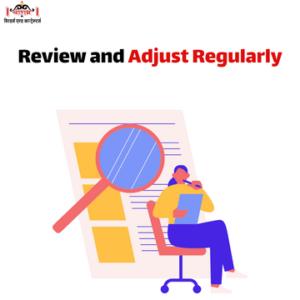
Exercise Prudence and Patience : The consequences of jumping into a home purchase without a reasonable budget in place can result in an unnecessary financial burden. Thus, it is crucial to act with caution and be patient. If you are required to create and validate your budget, take the time to formulate as well as adjust it, to ensure that it reflects your understanding of your financial position and goals.

In summary, preparing a budget before a house purchase is the first of the many steps that one needs to take to have a successful and sustainable home purchase. By evaluating your financial capacity, establishing affordability, factoring in other expenses, anticipating plans, comparing loan programs, prioritizing purchase needs, seeking expert assistance, and periodically reviewing your budget, you can make the home-buying journey less daunting and more secure. The ability to master the art of budget formulation provides you with the power that allows you to make decisions that will achieve your desired long-term financial state.
